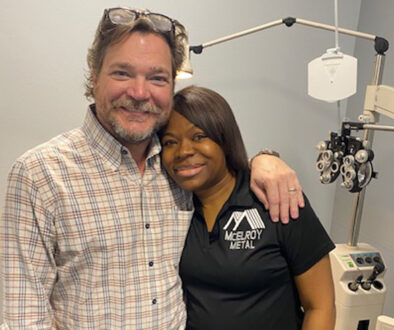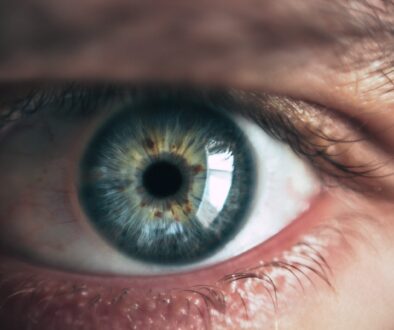Planning Out Your 2023 Cataract Procedure: Lead Time, What to Expect & Recovery

Cataract Surgery Procedure 2023 Planning out!
We can’t believe 2022 is almost over! As we prepare and make plans for the new year, let’s not neglect our eye health. Over 24.4 million people aged 40 and older in the U.S. currently have a cataract in one or both eyes, and this number is only growing, with eye doctors seeing more patients in need of cataract surgery every year.
Did you know, cataract surgery Procedure is one of the most common procedures performed in the US?
As cataracts become more advanced, they begin to darken with a yellow or brown tinge. This gradual process begins to affect night vision and will make some activities like driving more difficult. In fact, a study from Curtin University in Australia found that treating cataracts reduced the risk of car accidents by 13 percent. If you suspect you have cataracts, be very careful at night and don’t drive when your vision is compromised.
The New Year Means a New You!
- Blurred vision
- Dulled, discolored vision
- Double vision (multiple images in one eye)
- Difficulty reading, especially without substantial lighting
- Trouble seeing/driving at night
- Eye pain
- Constant changes in eye prescription
- Sensitivity to glares
- Seeing halos around lights
What to Expect with Surgery and Recovery
- Cataract surgery lasts just 10 to 20 minutes and is relatively painless, requiring only local anesthesia and allowing patients to recover at home instead of a hospital.
- It involves just three steps—corneal incision, opening of the capsule containing the cataract, and sectioning of the cataract into smaller pieces, all of which are performed by a laser with incredible precision.
- Once your clouded lens is removed, the surgeon will replace it with a new one, also known as an intraocular or artificial lens.
- This lens will remain in your eye indefinitely, bending light rays as they enter to help you see clearly.
- If more than one cataract is present, you will need to have one procedure at a time, waiting until the first eye is healed before you have the second.
- Soon after surgery, the doctor will send you home with careful post-op instructions, including the regular use of anti-inflammatory and antibiotic medications (Here at Shreveport Eye, we offer a dropless solution, tailored to each patient to help in the healing process!).
- For the first few hours post-op, you will need to wear a shield or glasses to protect your eye from lights and glares.
- If you experience dry or itchy eyes after surgery, this is not a cause for concern; any discomfort should go away within a couple of days. Remember that rubbing or pressing on your eye(s) may disrupt or delay their healing.
- While clear vision is expected soon after the procedure, depending on your healing process, you may not experience this for a week or two. We find that most patients are fully healed in four to five weeks.
Don’t Delay. Schedule Your Consultation Today!
Ready to say goodbye to cloudy vision? Dr. Russ can help!










